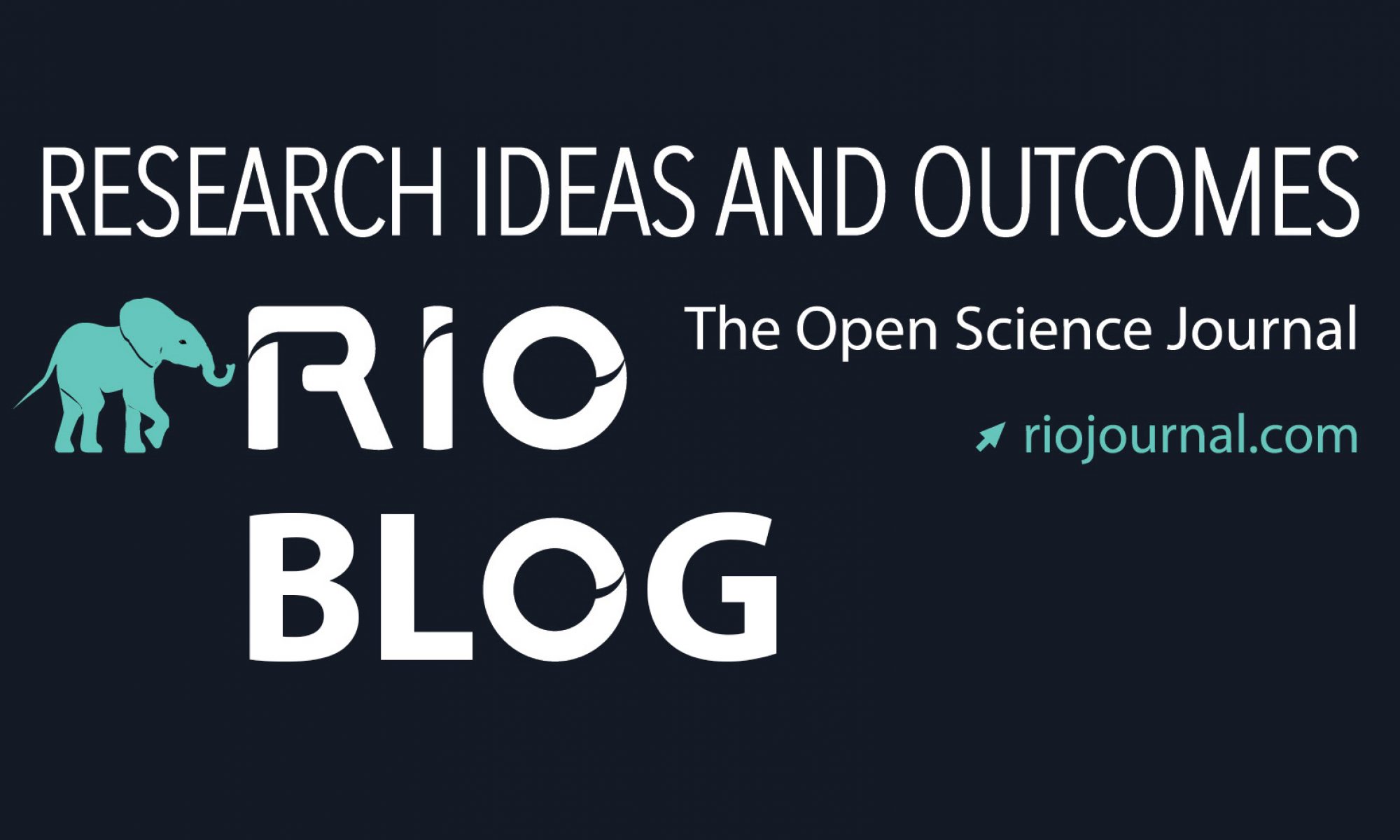Roadmap, a global data management advisory platform that links data management plans (DMPs) to other components of the research lifecycle is a new open science initiative from partners at the University of California Curation Center (UC3) of the California Digital Library (CDL), USA, and the Digital Curation Centre (DCC), United Kingdom.
Both organizations sponsor and maintain such platforms, the DMPTool and DMPonline respectively. They allow researchers from around the world to create their data management plans in less time by employing ready-to-use templates with specific guidance tailored to address the requirements of specific funding agencies in the USA and the UK.
Recently, the proliferation of data sharing policies throughout the world has produced increasing demand for data management planning support from both organizations. Therefore, it makes sense for the CDL and DCC to consolidate efforts and move beyond a focus on national researchers and funders to extend their global outreach through Roadmap, a new open-source platform for data management planning. Their proposal was submitted to the Open Science Prize contest and is now published in the open access journal Research Ideas and Outcomes (RIO).
While the two teams have been working together unofficially and engaging in international initiatives, a formal partnership would signal to the global research community that there is one place to create DMPs and find advisory information.
“Research data management (RDM) that enables open science is now acknowledged as a global challenge: research is global, policies are becoming global, and thus the need is global,” explain the authors. “Open science has a global agenda, and by making DMPs true infrastructure in a global open access community we will elevate research and open data for reuse.”
In their joint project, the two organizations will combine their experience along with all existing functionality from their tools regarding the DMP use case into a single technical platform.
“New work on our respective systems is already underway to enable internationalization, integrate with other organizations and technical platforms, and encourage greater openness with DMPs,” they explain. “By joining forces, the Roadmap system will consolidate these efforts and move beyond a narrow focus on specific funders in specific countries, and even beyond institutional boundaries, to create a framework for engaging with disciplinary communities directly.”
To facilitate data sharing, reuse, and discoverability, Roadmap will be integrated with a number of platforms such as the Open Science Framework, SHARE, the Crossref/Datacite DOI Event Tracking system and Zenodo, among others. “Linking systems and research outputs across the web increases the chances that data will be discovered, accessed, and (re)used,” note the authors.
The team’s plan for enhanced openness includes encouraging authors to share their newly created data management plans by setting their privacy on “public” by default. They also intend to assign digital object identifiers (DOIs) to all plans, thus making them citable and motivating their authors to make them openly accessible. As part of this initiative, five researchers have just published their DMPs, created with the DMPTool, in Research Ideas and Outcomes (RIO).
“We see greater potential for the DMP as a dynamic checklist for pre- and post-award reporting; a manifest of research products that can be linked with published outputs; and a record of data, from primary through processing stages, that could be passed to repositories,” state the authors. “The DMP will therefore not only support the management of the data but boost its discoverability and reuse.”
###
Original source:
Simms S, Jones S, Ashley K, Ribeiro M, Chodacki J, Abrams S, Strong M (2016) Roadmap: A Research Data Management Advisory Platform. Research Ideas and Outcomes 2: e8649. doi: 10.3897/rio.2.e8649






